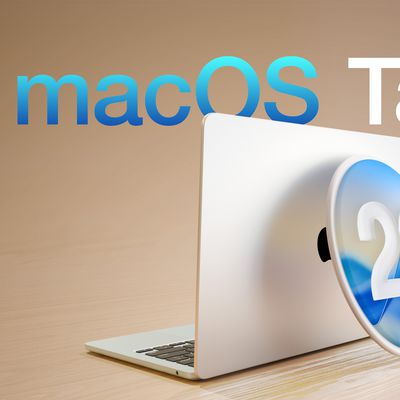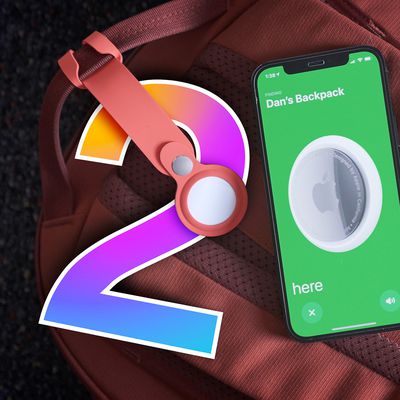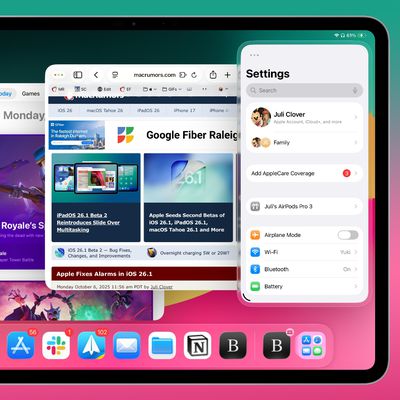During today's earnings call for the first fiscal quarter of 2019, Apple CEO Tim Cook was asked whether he thought that the pricing of the iPhone XR, XS, and iPhone XS Max was too high.
In response, Cook said that while he didn't feel that was as much of a factor in the United States, it was an issue in emerging markets.

The iPhone XS is priced the same as the iPhone X at $999, while the iPhone XS Max, a new device, was $100 more. The XR, at $749, was priced to be right in the middle of the entry level iPhone 8 and iPhone 8 Plus models. Cook said that's a "pretty small difference in the United States compared to last year."
In emerging markets, however, iPhone pricing was an issue due to the strength of the dollar. Foreign exchange rates amplified the pricing increases leading to weaker sales. Cook says that in January, in some locations, the company has absorbed all or part of the currency movements compared to a year ago, getting closer to local price compared to a year ago.
Cook in an interview with Reuters earlier today said that Apple is lowering iPhone prices in some emerging markets.
In developed markets, like Japan, a lack of subsidies has also become a major factor. Even in the U.S., where subsidies have been phased out for several years, Cook said that a person who last purchased an iPhone 6 or 6s for $199 when subsidies were still in place may be reluctant to upgrade to a device that costs upwards of $749 without subsidies.
Apple is working to address the subsidy issue with trade-ins and installment payments.
Cook in a separate statement said all of Apple's devices are designed to last. "We do design our products to last as long as possible," he said. Some customers choose to hold on to those products for as long as possible, while some trade them in. Apple's product cycle has indeed extended and upgrades were less than anticipated last quarter, but Cook says he doesn't know where that will go in the future.
"I'm convinced that making a great product that is high quality is the best thing for the customer. That's the way we look at it."
























